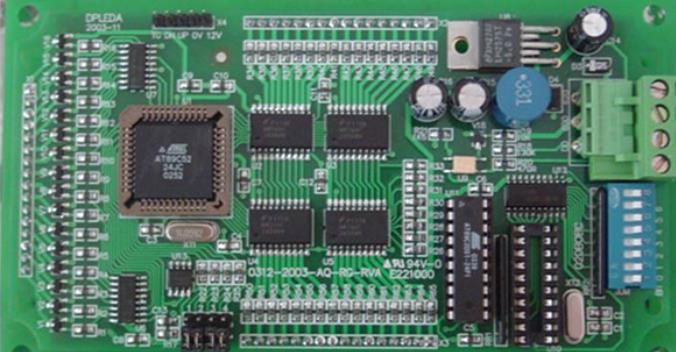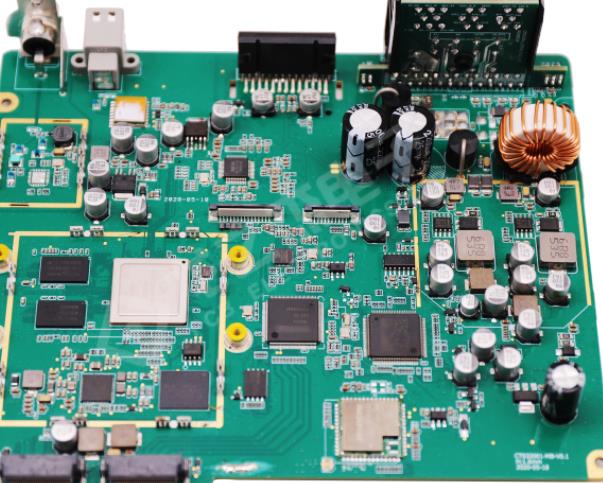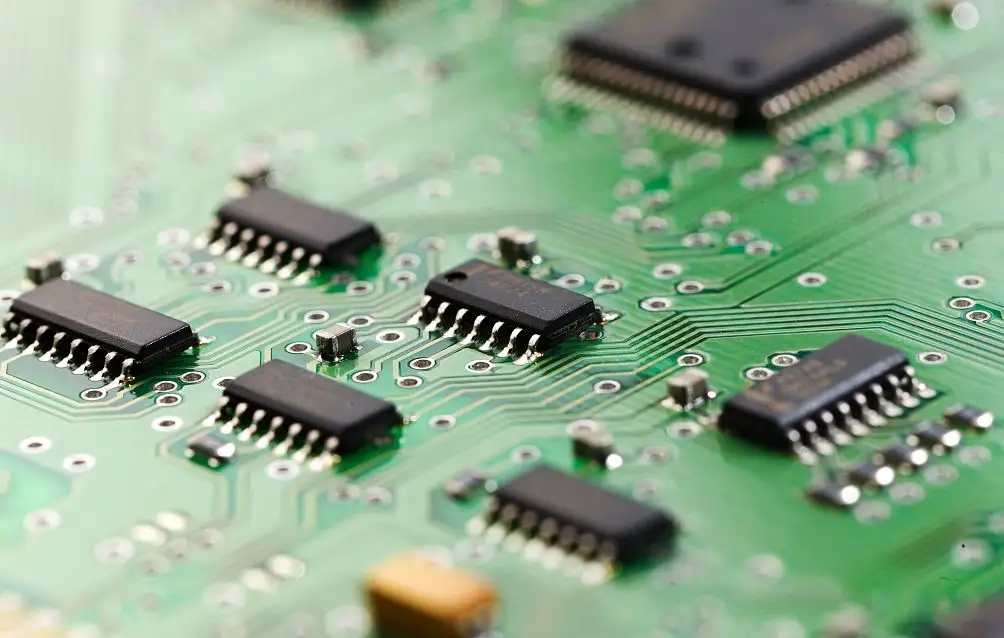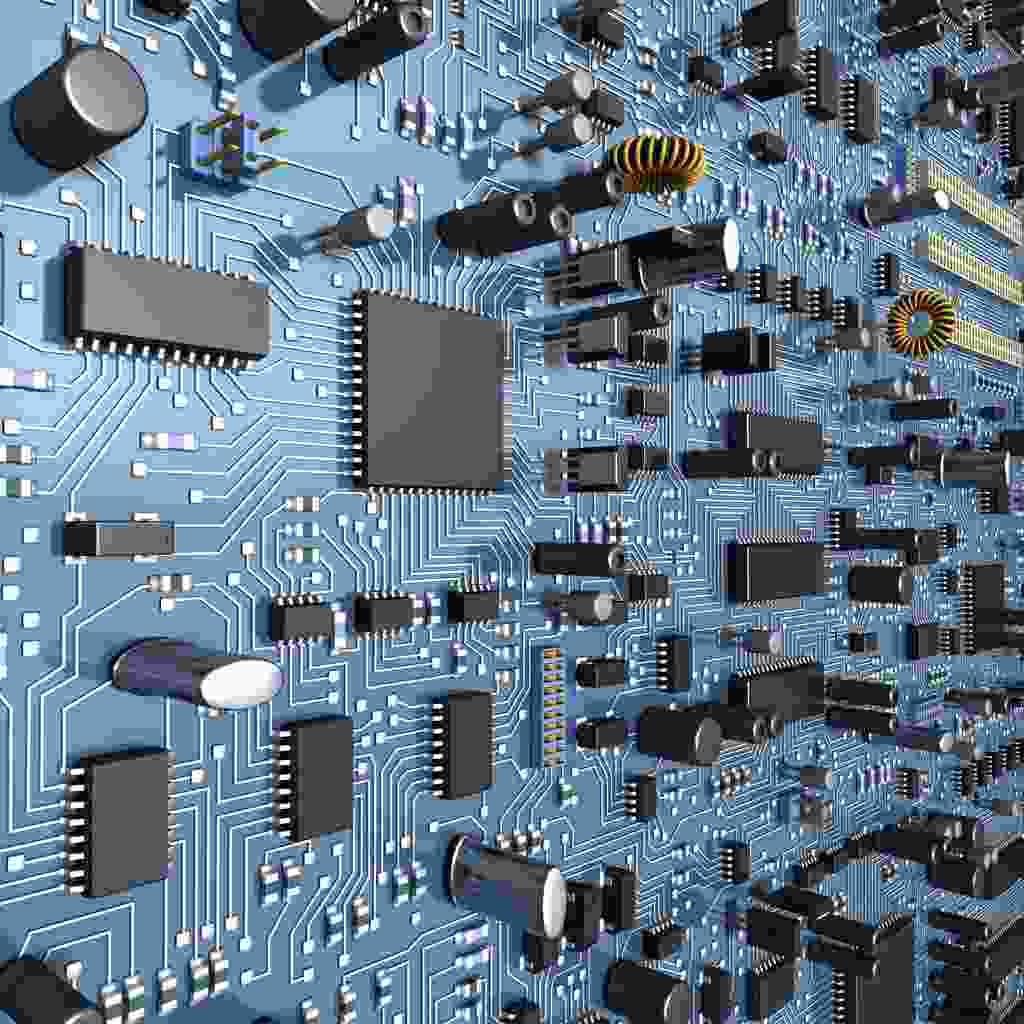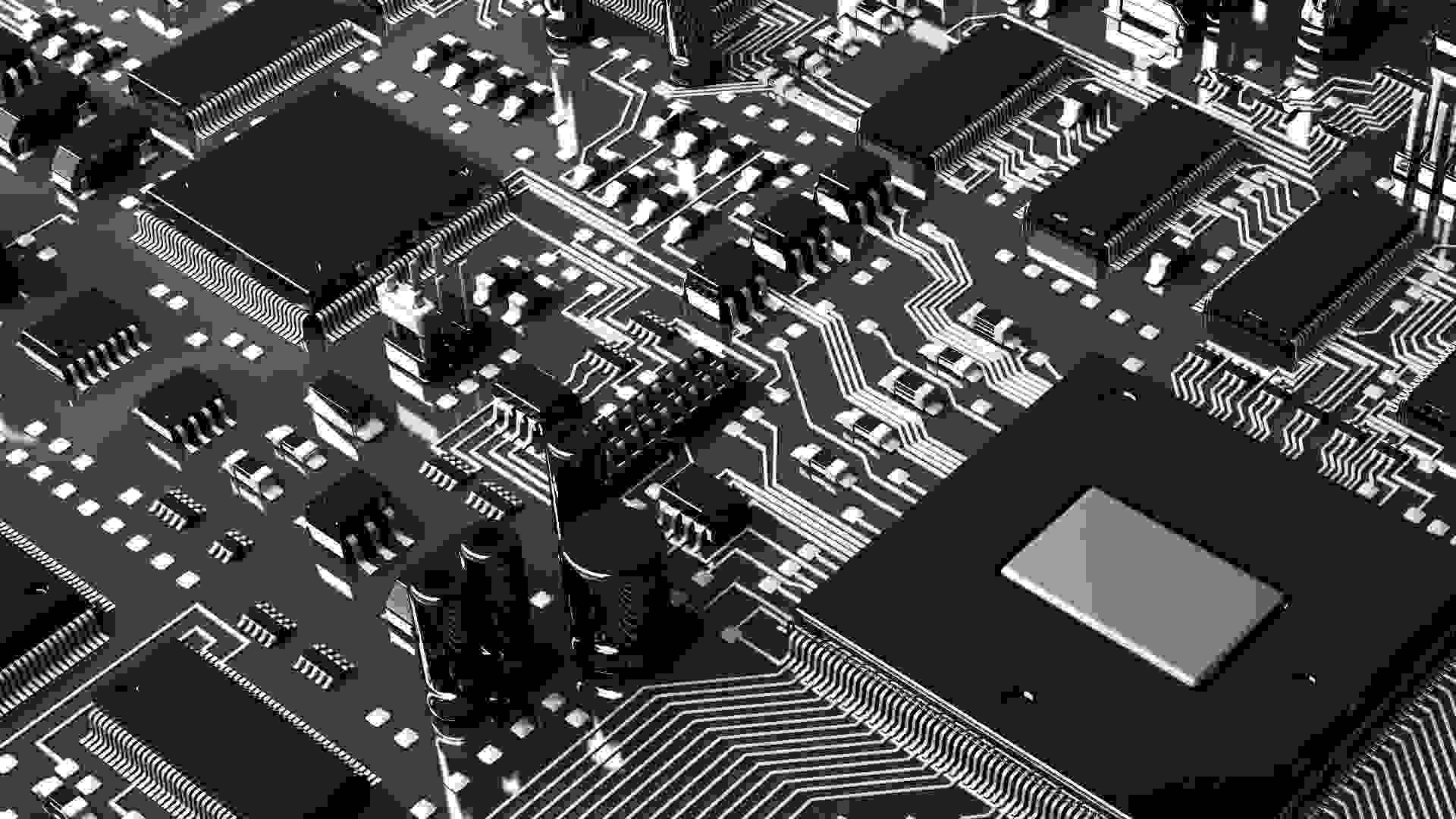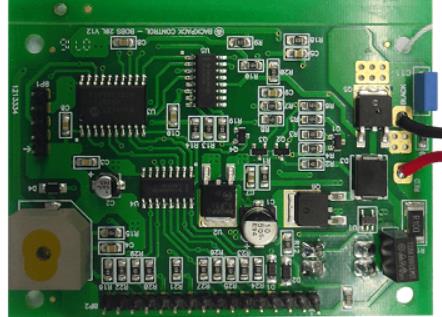
Precautions during PCBA production
Perchlorinated biphenyltin penetration
In the production process of polychlorinated biphenyls, it is also very important to choose the penetration of polychlorinated biphenyl tin In the process of through hole insertion, the tin permeability of PCB is poor, whICh can easily lead to problems such as wrong soldering, tin cracks or even peeling off
Regarding the penetration of polychlorinated biphenyltin, we should know the following two points:
1. Penetration requirements of polychlorinated biphenyltin
According to IPC standards, PCB penetration requirements for through-hole solder joints are generally greater than 75%. In other words, the tin penetration standard used for visual inspection of panel surface shall not be less than 75% of the hole height (plate thickness). The tin permeability of polychlorinated biphenyls should be 75% - 100%. The electroplated through-hole is connected to the heat dissipation layer or heat conduction layer for heat dissipation, and the penetration requirement of polychlorinated biphenyl tin is greater than 50%.
2. Factors affecting the penetration of polychlorinated biphenyltin
The poor tin permeability of PCBs is mainly affected by data, wave soldering process, flux and manual soldering.
Specific analysis of factors affecting the penetration of polychlorinated biphenyltin:
1. Information
Circuit board
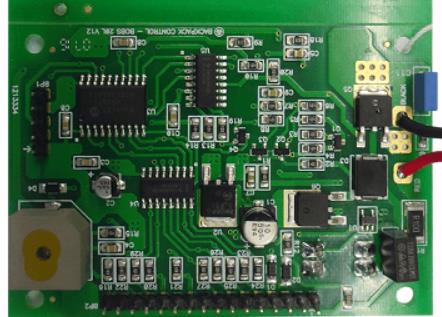
Tin melted at high temperature has strong permeability, but not all metals to be welded (PCB boards, components) can penetrate, such as aluminum, whose surface usually forms a dense protective layer automatically, while the difference in internal molecular structure makes it difficult for other molecules to penetrate. Second, if there is an oxide layer on the metal surface to be welded, it will also block the penetration of molecules. We usually use flux treatment or wipe with gauze.
2. Wave soldering process
The penetration of PCBs is directly related to the wave soldering process Re optimize the welding parameters with poor tin penetration, such as wave height, temperature, welding time or moving speed First, appropriately reduce the rail angle and increase the wave crest height to increase the contact amount between liquid tin and the welding end; Then, increase the wave soldering temperature Generally speaking, the higher the temperature, the stronger the permeability of tin, but this should be taken into account Parts can withstand temperature; Finally, the speed of the conveyor belt can be reduced, and the preheating and welding time can be increased, so that the flux can completely remove the oxide, penetrate the welding end, and increase the consumption of tin
3. Flux
Flux also affects the poor permeability of polychlorinated biphenyls to tin Flux is mainly used to remove surface oxides on PCB and components to prevent reoxidation during welding The selection of welding flux is poor, the coating is uneven, and the quantity is too SMAll It will cause poor tin penetration You can choose well-known brands of flux, which has higher activation and wetting effects, and can effectively remove oxides that are difficult to remove; Check the flux nozzle. The damaged nozzle needs to be replaced in time to ensure that the PCB surface is coated with proper flux Give full play to the flux effect of flux
4. Manual welding
In the actual plug-in welding quality inspection, the solder surface of a considerable number of weldments has only one taper, and there is no tin penetration in the through-hole. Functional testing confirms that many of these parts are welded. This situation is more common in manual parts. In the welding process, the reason is that the temperature of the soldering iron is inappropriate and the welding time is too short. Poor permeability of polychlorinated biphenyl tin easily leads to false welding problems, and new rework costs. If the requirements for the permeability of polychlorinated biphenyl tin are relatively high and the requirements for welding quality are relatively strict, selective wave soldering can be used, which can effectively reduce the problem of poor permeability of polychlorinated biphenyl tin.
The above is the explanation given by the editor of PCB circuit board company.
If you want to know more about PCBA, you can go to our company's home page to learn about it.
In addition, our company also sells various circuit boards,
High Frequency Circuit Board and SMT chip are waiting for your presence again.


